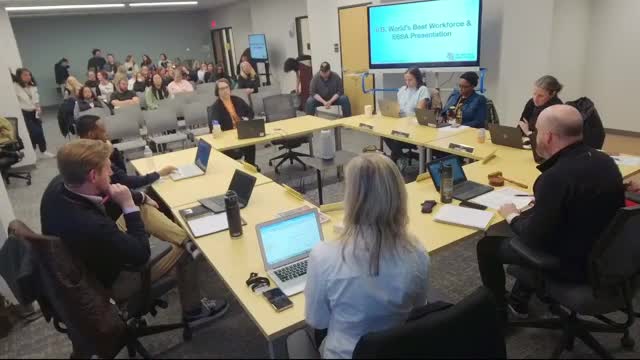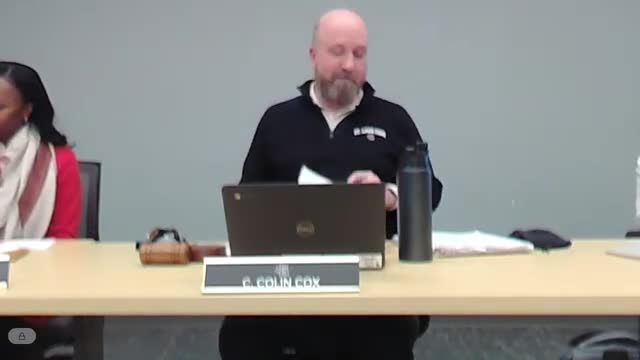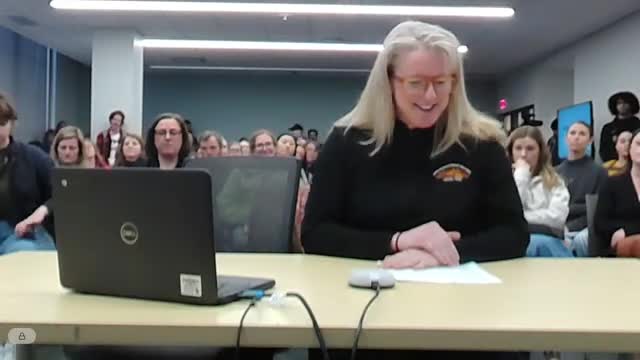Article not found
This article is no longer available. But don't worry—we've gathered other articles that discuss the same topic.

District reports mixed results on state 'World’s Best Workforce' goals and launches summer learning design team

Board approves FY25 midyear budget update and sets FY26 assumptions as state and federal funding uncertainties loom

